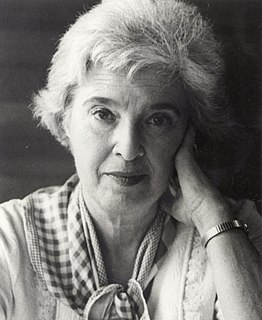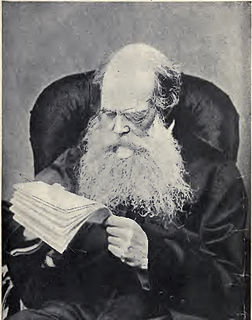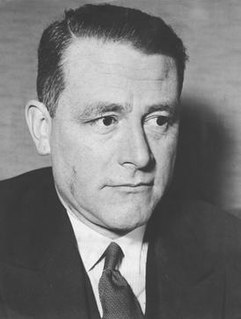A Quote by Albert Camus
The world in which we were called to exist was an absurd world, and there was no other in which we could take refuge.
Related Quotes
Absurd, irreducible; nothing — not even a profound and secret delirium of nature — could explain it. Obviously I did not know everything, I had not seen the seeds sprout, or the tree grow. But faced with this great wrinkled paw, neither ignorance nor knowledge was important: the world of explanations and reasons is not the world of existence. A circle is not absurd, it is clearly explained by the rotation of a straight segment around one of its extremities. But neither does a circle exist. This root, on the other hand, existed in such a way that I could not explain it.
There are only two worlds - your world, which is the real world, and other worlds, the fantasy. Worlds like this are worlds of the human imagination: their reality, or lack of reality, is not important. What is important is that they are there. these worlds provide an alternative. Provide an escape. Provide a threat. Provide a dream, and power; provide refuge, and pain. They give your world meaning. They do not exist; and thus they are all that matters.
In France those absurd perversions of the art of war which covered themselves under the name of chivalry were more omnipotent than in any other country of Europe. The strength of the armies of Philip and John of Valois was composed of a fiery and undisciplined aristocracy which imagined itself to be the most efficient military force in the world, but which was in reality little removed from an armed mob.
What seems certain is that Pythagoras developed the idea of mathematical logic. He realized that numbers exist independently of the tangible world and therefore their study was untainted by inaccuracies of perception. This meant he could discover truths which were independent of opinion of prejudice and which were more absolute than any previous knowledge.
The supreme adventure is being born. There we do walk suddenly into a splendid and startling trap... When we step into the family, by the act of being born, we do step into a world which is incalculable, into a world which has its own strange laws, into a world which could do without us, into a world we have not made. In other words, when we step into the family we step into a fairy-tale.
The world of imagination is the world of eternity. It is the divine bosom into which we shall all go after the death of the vegetated [i.e. mortal] body. This world of imagination is infinite and eternal, whereas the world of generation is finite and temporal. There exist in that eternal world the eternal realities of everything which we see reflected in this vegetable glass of nature.
Phonogram was explicitly about our world. It’s a fantasy which is happening around us all, unnoticed except for those who’ve fallen into its world. In a real way, it’s real. Conversely, W+D is much more overt. The appearance of the gods changes the world, and has changed the world going back. There’s the strong implication that certain figures in our world simply didn’t exist in The Wicked And The Divine‘s world, because they were replaced by a god.
People knew there were two ways of coming at truth. One was science, or what the Greeks called Logos, reason, logic. And that was essential that the discourse of science or logic related directed to the external world. The other was mythos, what the Greeks called myth, which didn't mean a fantasy story, but it was a narrative associated with ritual and ethical practice but it helped us to address problems for which there were no easy answers, like mortality, cruelty, the sorrow that overtakes us all that's part of the human condition. And these two were not in opposition, we needed both.










































